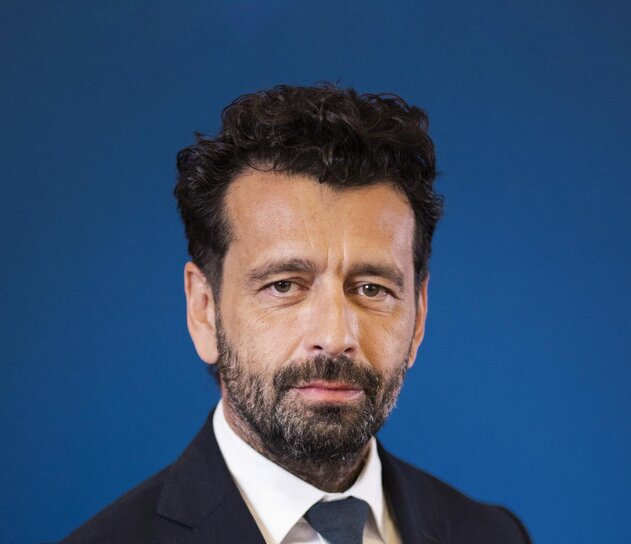Economy / Hungary
Investing in the heart of Central Europe
With solid infrastructures and a skilled workforce, Hungary emerges as an appealing destination for investors looking into expanding in Europe.

Situated in the heart of Europe, Hungary represents a beacon of economic resilience and investment potential. From traditional manufacturing to cutting-edge technologies, Hungary provides a conducive business environment and a myriad of incentives, attracting both established corporations and budding entrepreneurs alike. With a GDP growth rate consistently outpacing that of the Eurozone, the country has garnered global attention from investors seeking stable returns.
Bridge between the East and the West
Historically, Hungary has played a significant role as a bridge between the East and the West, owing to its strategic location. Geopolitically positioned at the crossroads of Europe, it’s economy is intricately linked with both Eastern and Western markets, fostering economic partnerships with Eastern European and Eurasian countries. Tibor Tóth, Minister of State at the Ministry of Finance, emphasizes, “As part of the EU, Hungary provides access to the EU’s single market of 500 million consumers.”
Record-breaking FDI in 2023
Hungary has become increasingly attractive for foreign direct investment, with FDI surpassing €13 billion in 2023, doubling the previous record of €6.5 billion in 2022. “Hungary is consistently breaking FDI records,” highlights Tóth. The government actively seeks to attract FDI through various policies and incentives, including tax breaks, subsidies, and streamlined administrative procedures. Hungary boasts the lowest corporate tax rate in the OECD, at 9%, while personal income is taxed at a flat rate of 15%. Special Economic Zones provide a favorable regulatory environment and infrastructure support, while the Hungarian Investment Promotion Agency offers professional assistance to foreign investors. “From an investor’s point of view, interest from western economies is still very strong, but the interest from Asian economies is getting even more intensive. In recent years, Korean and Chinese investors are taking the lead FDI position,” says Tóth, pointing out that Hungary is building its position as a bridge between Western European and Asian investors.

Winner of the new global economic era
Innovation drives Hungary’s economy, bolstered by significant investments from multinational companies like Novartis, Audi, Mercedes-Benz, IBM, and Samsung, among others. Key sectors attracting substantial investments include automotive manufacturing (with a recent focus on electric vehicles), life sciences, and information technology. For instance, Novartis is establishing a new regional research and development center in Budapest, which will be responsible for coordinating clinical research activities across more than 12 countries and significantly increase local employment opportunities. “This investment has been made possible by the Hungarian government’s ambition to make the country a leader in innovation in Europe,” emphasizes Colette Matz, Country President of Novartis Hungary. Indeed, the pharmaceutical industry is one of the pillars of the Hungarian economy, with both domestic and foreign players. In the past decade, Hungary saw 23 major pharmaceutical investments and last year alone the sector received over €3 billion in investments.
Hungary has emerged as a frontrunner in the new global economic landscape, particularly in the electric automotive industry. The government’s concerted efforts to position the country as a major hub for the electric vehicle ecosystem are evident, with expectations of hosting five out of the 10 largest EV battery makers in the world and boasting the second-biggest EV battery manufacturing capacity globally.
Whether in manufacturing, technology, renewable energy, life sciences, medicine, or other sectors, investors can discover ample opportunities for growth and success in Hungary.
